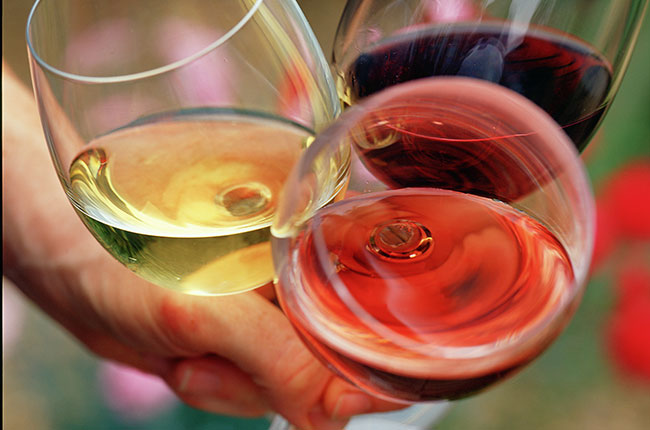France's Vinovalie co-operative has been fined for illegally blending red and white wines and bottling the result as rosé.
The tribunal in Albi, southern France, last week fined Vinovalie €10,000 for illegal rosé production, with a further €1,000 in damages. Three employees in managerial roles were separately fined between €1,000 and €5,000 for their role in the affair.
Vinovalie, based in four spots across southwest France and which comprises four co-operatives and 470 winemakers across 3,800 hectares of vines in the Tarn, Lot and Haut-Garonne regions, will be appealing the decision, according to its lawyer Emmanuel Gil.
Its case resurrects a debate about how still rosé wine should and shouldn’t be made in the European Union.
The Albi tribunal said the falsified rosé wine dates back to 2012 and that Vinovalie did not record the manipulation in their official documents.
In 2009, the EU created a storm by promising legislation that would allow rosé still wines to be bottled by all member states simply by mixing finished red and white wines. But, strong protests in France – particularly Provence – and Italy meant the plans were abandoned.
A spokesperson at the Vins de Provence winemaking syndicate confirmed to Decanter.com that rosé in French appellations continues to be made by skin maceration and that the colour is the result of the contact between the skin and the juice that also gives a specific olfactory profile.
If white grapes are used along with red, any mixing of the two must be done before fermentation, not when the juice has been made into finished wine.







